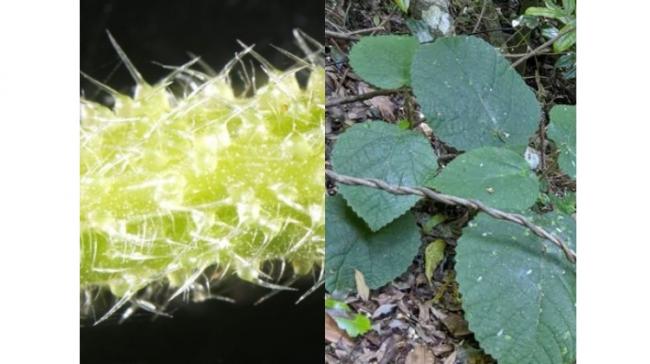Split-second Contact With This Tree Causes Extreme Pain!

Australia may be popular for its venomous creatures, such as snakes and jellyfish, but dangerous plants are also present in the region. Some produce toxins which look very similar to spider and scorpion venom at the molecular level.
Yes... What you read is absolutely correct! A new study found that the toxins produced by the stinging trees of Australia bear a strong resemblance to those of spiders and scorpions. Scientists have now identified "scorpion-like" toxins secreted by a tree that can cause severe pain for weeks. The ones stung by such trees' leaves first experience an intense burning.
Dendrocnide tree, a rainforest nettle known as gympie-gympie by its indigenous name, provides a sting much more powerful than similar plants found in the USA or Europe.
The tree, which has a large oval or heart-shaped leaves, is found primarily in the rainforest areas of northeastern Queensland, where it is known among hikers.
Researchers at the University of Queensland said Thursday that, victims report an initial sting that "at first, feels like fire, then subsides over hours to a pain that reminiscent of having the affected part of the body trapped in a slammed car door."
The gympie-gympie is covered in fine needle-like hairs similar to those of other nettles. Until recently, researchers were not able to find out which molecules were causing such intense pain within the plant.
Irina Vetter, an associate professor at the University of Queensland's Institute for Molecular Bioscience, asserted that, "We hope to provide better care for those who have been stung by the plant, to alleviate or remove the pain by knowing how this toxin functions."
She further added that, "Although they come from a plant, the gympietides are similar to spider and cone snail toxins in the way they fold into their 3D molecular structures and target the same pain receptors, this arguably makes the gympie-gympie tree a truly 'venomous' plant."







